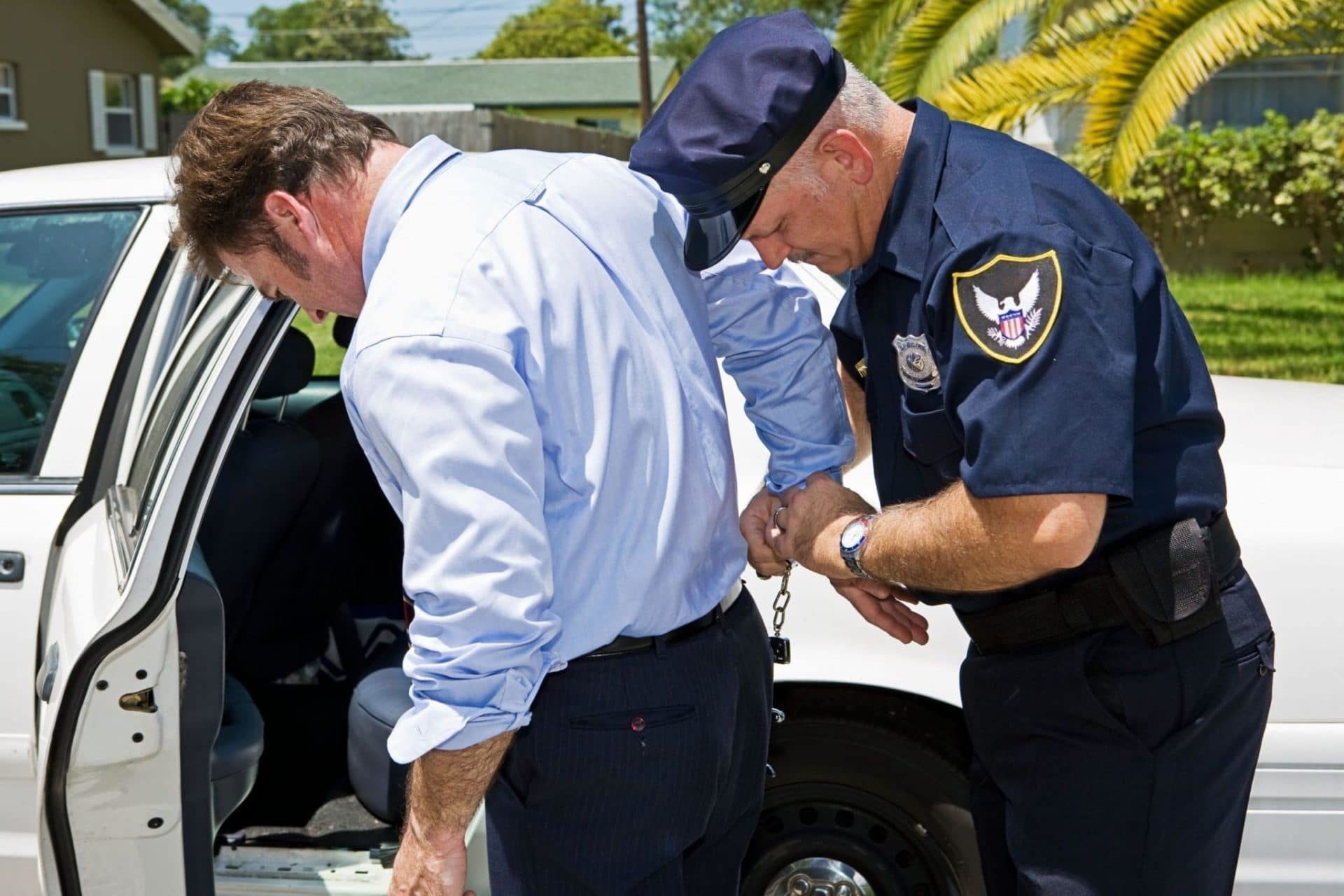Paul Simon Arrest Highlights Fault in Domestic Violence Laws
If you were asked which celebrity couple was just arrested on domestic violence charges (before you checked the online news on April 27th), Paul Simon and Edie Brickell probably wouldn’t be the first names that came to mind. The two singers have been married for over 20 years and have three children together. Neither Simon, 72, nor Brickell, 42, have ever faced domestic violence charges before. Neighbors described them as quiet, good people to live near. Yet around 8:20 on the night of April 27th, police received a hang-up call reporting a dispute at Simon and Brickell’s New Canaan, Connecticut, residence.
Minor Dispute Garners Major Attention
 The police arrested both Simon and Brickell on charges of disorderly conduct. New Canaan Chief of Police Leon Krolikowski reported that there were some minor injuries (he didn’t get any more specific than that with reporters), but that the couple cooperated with police. Although he arrested them, Krolikowski told reporters, “Frankly, they’re both victims.” He added, “They’re well known to the community, they’ve very nice people. It’s unfortunate that this occurred, but we were obligated to make an arrest.” Police did not take mug shots, and both Simon and Brickell were released later that night on a promise to appear in court.
The police arrested both Simon and Brickell on charges of disorderly conduct. New Canaan Chief of Police Leon Krolikowski reported that there were some minor injuries (he didn’t get any more specific than that with reporters), but that the couple cooperated with police. Although he arrested them, Krolikowski told reporters, “Frankly, they’re both victims.” He added, “They’re well known to the community, they’ve very nice people. It’s unfortunate that this occurred, but we were obligated to make an arrest.” Police did not take mug shots, and both Simon and Brickell were released later that night on a promise to appear in court.
Little is known about the events that transpired before police arrived at Simon’s and Brickell’s home. The couple’s lawyer, Allen Cramer, told news outlets that there was a minor “push” involved, but did not specify who did the pushing. NBC News reports that Brickell’s mother was the one who called the police, while the Telegraph says that Simon made a 911 call, but hung up before speaking to an operator.
One thing’s clear: both Simon and Brickell agree that their minor dispute was blown out of proportion. They appeared in court the day after their arrest holding hands, and both said they felt completely safe around the other. Brickell explained, “I got my feelings hurt, and I picked a fight with my husband. The police called it disorderly. Thank God it’s orderly now.”
Simon added, “The both of us are fine together. We are going to go back home and watch our son play baseball. We had an argument. It was very atypical of us.”
Two days later, Brickell released a song called “Like to Get to Know You” to her SoundCloud page and personal website. Simon contributed backing vocals to the love song, which includes the lines, “I wouldn’t trade places with anyone, none of them, because I’d like to get to know you again.” The song sends the message that the long-married pair are putting up a united front in the wake of their arrest.
What the Simon/Brickell Arrest Tells Us about Domestic Violence Laws
 If you were presented with the headline, “Paul Simon Arrested in Domestic Violence Dispute,” your knee-jerk reaction would probably be to assume that Simon had caused serious injury to his wife and that the arrest was necessary to protect Brickell. However, once you hear the details of the story, the fact that the couple was arrested seems much more absurd. Neither suffered serious injuries, both said they felt safe around the other, and both were calm and cooperative when the police arrived. Despite this, it was necessary for Officer Krolikowski to make an arrest.
If you were presented with the headline, “Paul Simon Arrested in Domestic Violence Dispute,” your knee-jerk reaction would probably be to assume that Simon had caused serious injury to his wife and that the arrest was necessary to protect Brickell. However, once you hear the details of the story, the fact that the couple was arrested seems much more absurd. Neither suffered serious injuries, both said they felt safe around the other, and both were calm and cooperative when the police arrived. Despite this, it was necessary for Officer Krolikowski to make an arrest.
Why? Because Connecticut has mandatory arrest laws for domestic violence cases. That means that if the police are called in to investigate a dispute, whether the call is made by a neighbor, family member, or person directly involved in the dispute, they have to make an arrest—even if the person who made the call has a change of heart and tells the police all was a simple misunderstanding. This law has also led to an increase in dual arrests, as in the Simon and Brickell case, because police are unable to determine an aggressor but still have to bring someone in.
Many states have similar mandatory arrest laws. In our state of Illinois, it’s left to the officer’s discretion whether they should make an arrest, but calls about domestic violence still lead to an arrest more often than not. In many cases, strict arrest laws make sense, and the intention is good. Before these laws were in place, there were situations where a police officer might investigate the residence, but let the perpetrator off with just a warning, leaving a domestic violence victim with an aggressor who might take out their anger about the police intervention in a physical way. Mandatory arrests are designed to protect victims by separating them from perpetrators and breaking the cycle of domestic abuse.
However, as the Simon and Brickell case shows, there are situations where making an arrest is not the most reasonable approach to the issue. In fact, in some cases it may even be detrimental for the alleged victim. Lawrence Sherman, the Director of the Institute of Criminology at the University of Cambridge and a former advocate for mandatory arrests, recently revised his stance and published a report detailing how the stress of having a partner arrested can have long-term negative effects on the alleged victim’s health.
The other issue is that the publicity of minor disputes like the one between Simon and Brickell might discourage people from reporting a truly abusive situation. A neighbor might hear shouting and breaking plates next door but say to themselves, “They’re such a nice, quiet couple normally, and I wouldn’t want to get either of them in trouble,” or someone who is being abused might decide not to call the police because they don’t want the embarrassment of having other people see their partner being led away in handcuffs.
We shouldn’t minimize domestic violence, and police do need to make arrests when serious violence has occurred and a partner or family member may be in danger. However, the one-size-fits-all approach of mandatory arrest laws oversimplifies the very complex issue of domestic battery and deserves a second look.
About the Author:
Andrew M. Weisberg is a domestic violence attorney in Chicago, Illinois. A former prosecutor in Cook County, Mr. Weisberg, is a member of the Capital Litigation Trial Bar, an elite group of criminal attorneys who are certified by the Illinois Supreme Court to try death penalty cases. He is also a member of the Federal Trial Bar. Mr. Weisberg is a sole practitioner at the Law Offices of Andrew M. Weisberg.







 Blog Home
Blog Home 










